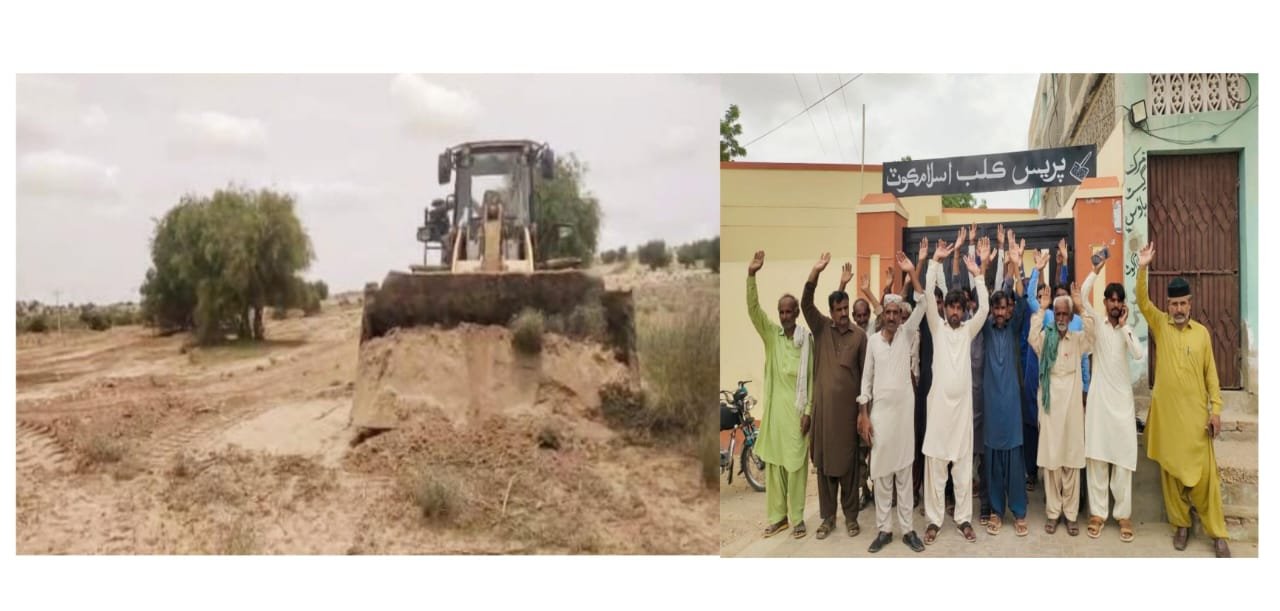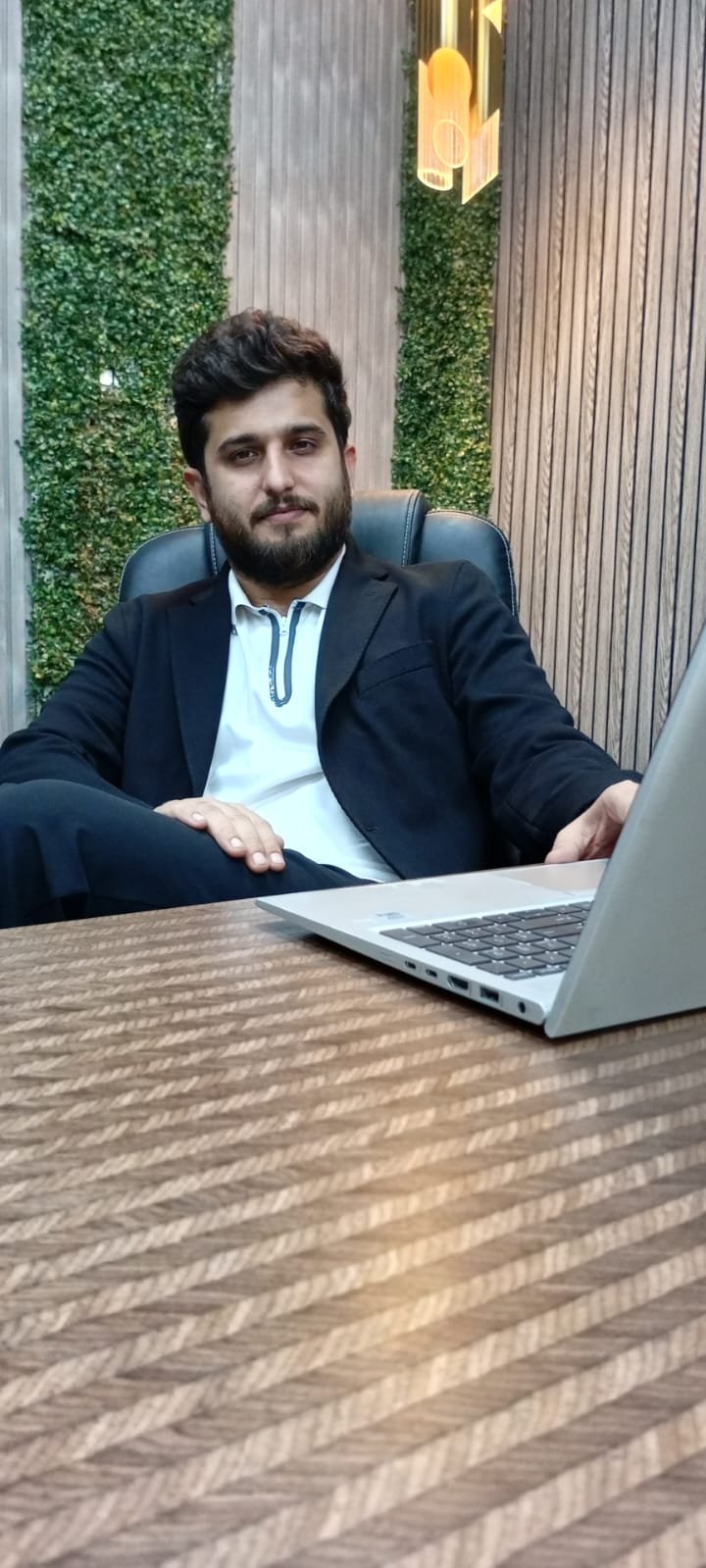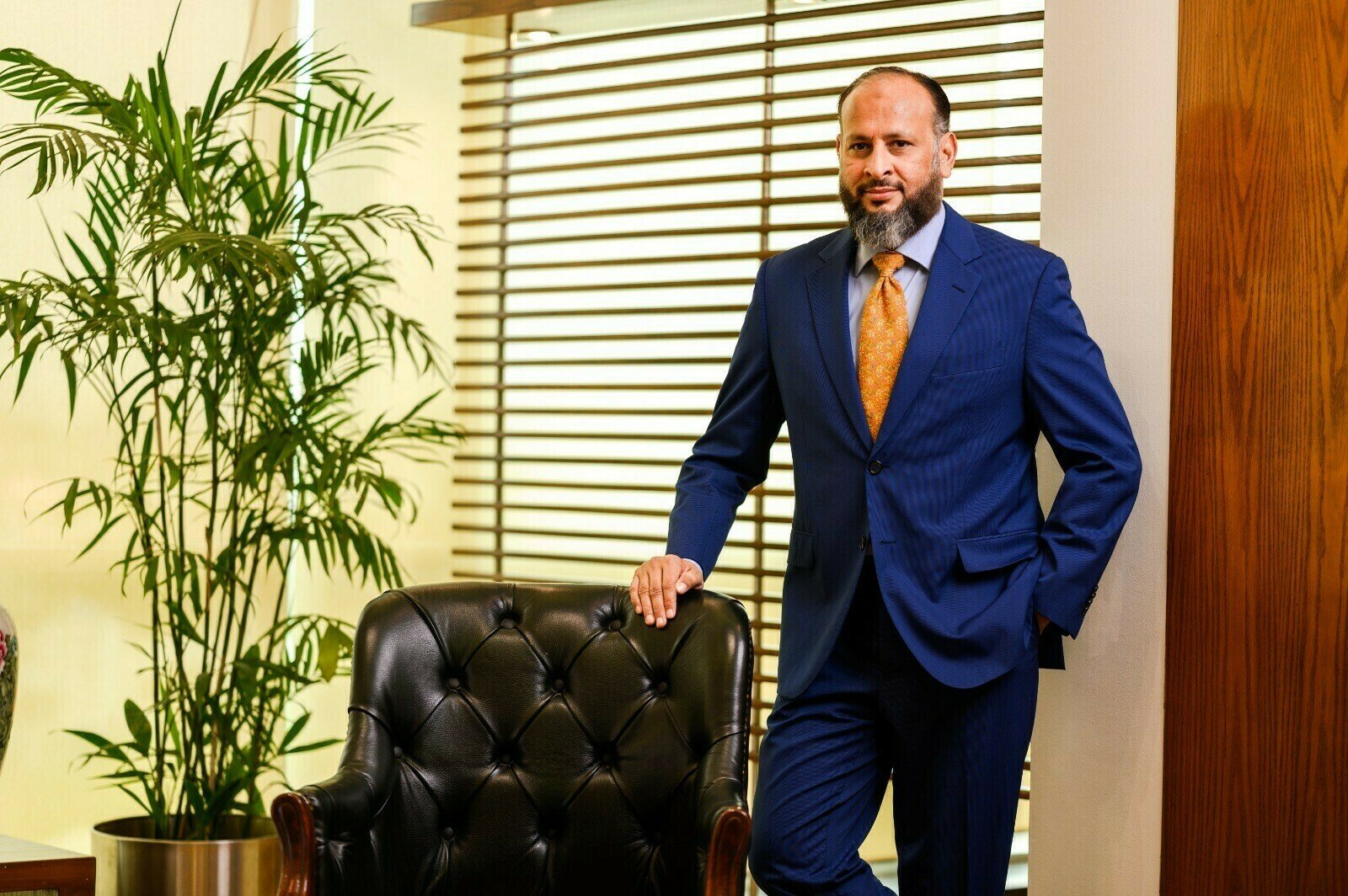Thar Coal Block-1: Affected Villagers Accuse Companies of Land Grabs, Environmental Destruction, Broken Promises
ISLAMKOT: Residents of Verwai village, located in the Thar Coal Block-1 area, have raised serious allegations against the companies operating […]



